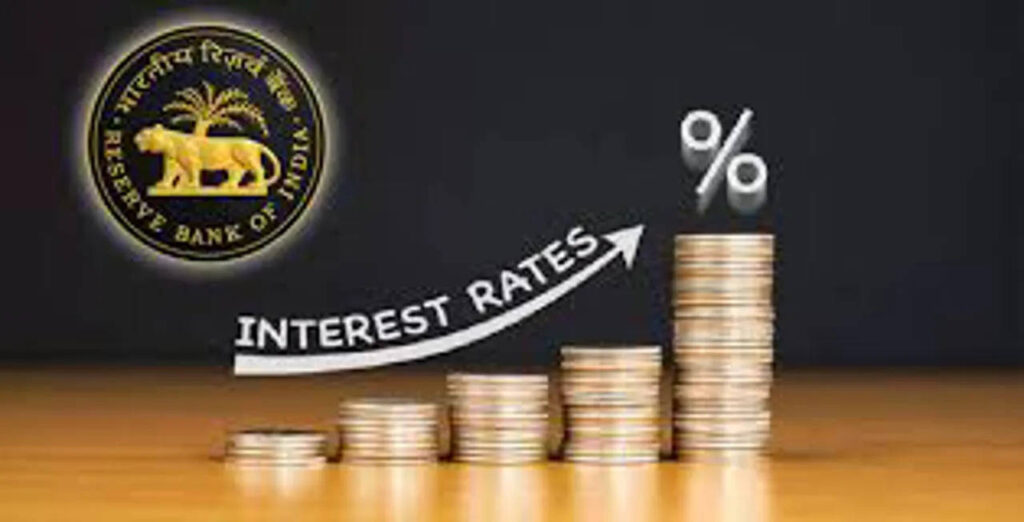The Monetary Policy Committee (MPC) meeting of the Reserve Bank of India (RBI) is starting today. In this three -day meeting, it will be decided whether the EMI of your loan will be reduced or not. In fact, in this first meeting of the new financial year, a decision will be taken on cut in repo rate. RBI Governor Sanjay Malhotra will announce the decisions taken in this meeting on April 9 at 10 am.
Deficiency is required
In the last meeting chaired by RBI Governor Sanjay Malhotra, the repo rate was reduced by 0.25% to 6.25%. This deduction was done after a long wait of about five years. Earlier, the RBI increased the repo rate several times in the name of controlling inflation, which made loans expensive and the burden of EMI on people also increased. At this time, the inflation rate is moderate, so it is believed that this time too, there may be some relief news in the repo rate from the RBI.
when is the meeting?
The RBI holds this meeting every two months to review monetary policy. The Monetary Policy Committee (MPC) consists of a total of 6 members, out of which 3 are from RBI, while the rest are appointed by the Center. In this meeting, which lasted for three days, many issues including the repo rate were discussed. On the third day, information about the decisions of the meeting is shared. The RBI Governor himself explains what issues have been agreed in MPC. The next meeting of RBI MPC will be held on 4-6 June.
What will be the effect on you?
The repo rate is the rate at which RBI gives loans to banks. In such a situation, when the repo rate increases, loans become expensive for banks and they also make customers’ debt expensive. Conversely, when the repo rate is cut, the loan becomes cheaper and your EMI burden is more likely to decrease. Therefore, all eyes are on the meeting of RBI MPC.
What is the responsibility of RBI?
The central government has directed the RBI to maintain retail inflation at 4 percent with a 2 percent fluctuate. In 2022-23, RBI faced a lot of problems on the issue of inflation. This was the first time in history that the RBI had to clarify the central government for not controlling inflation. It is to be known that under the Reserve Bank Act, if the target for inflation is not achieved for three consecutive quarters, then the RBI has to clarify the government. They have to explain why inflation has not reduced and what steps have been taken on their behalf.
